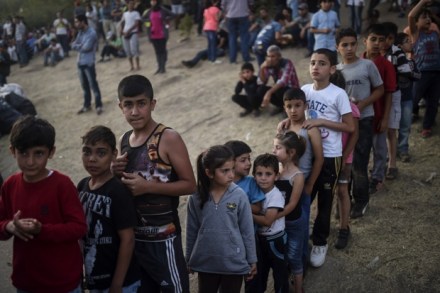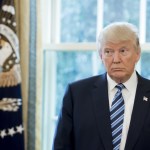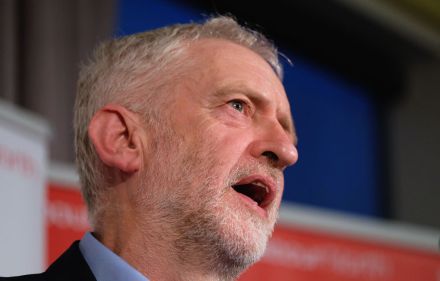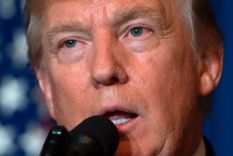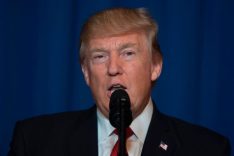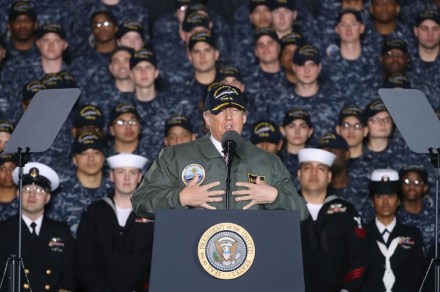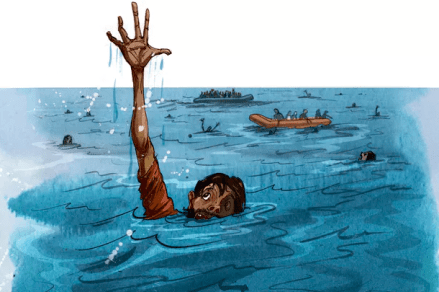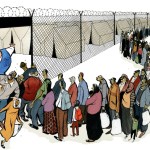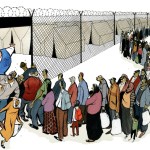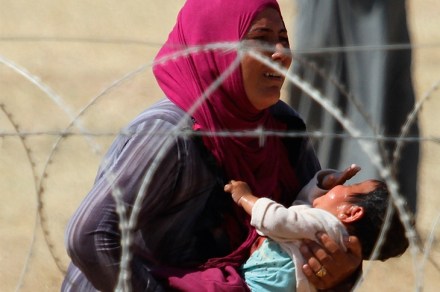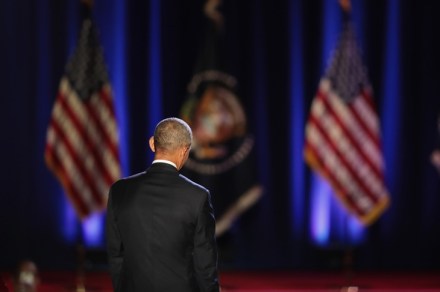One missile strike alone will not change Syria. So what’s the American plan?
President Trump’s missile strike on Syria seemed as determined to stick it to President Obama as to the Assad regime. The initial statement from the White House on the Sarin gas attack that prompted the strike had more words of condemnation for Obama than for the Syrian ruler. In the matter of airstrikes, as in other things, it is important to Trump to be the un-Obama. But one night of missiles is not a decisive blow. Beyond the ruined aircraft hangars, the Syrian battlefield is little changed. What is the American plan? What’s next? Perhaps President Trump has not thought about this. His decision to bomb seemed emotional, justifiably so
